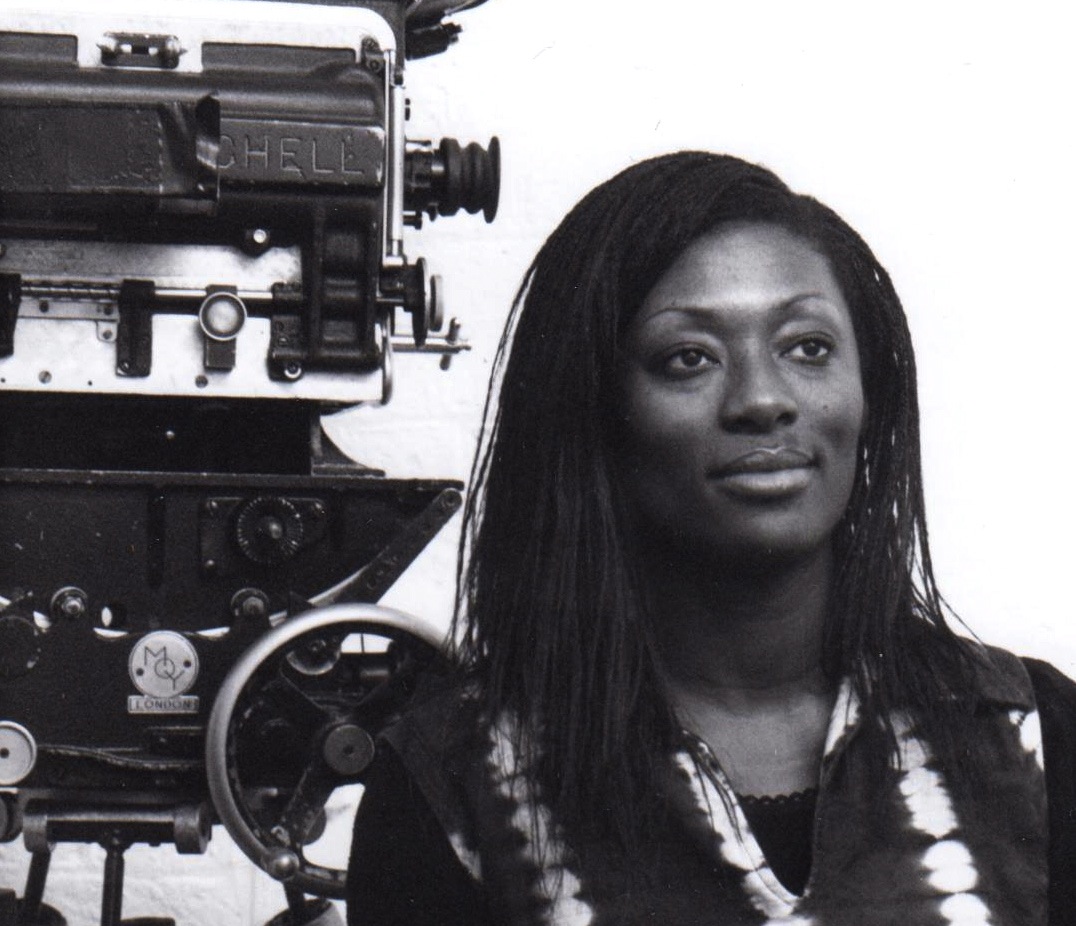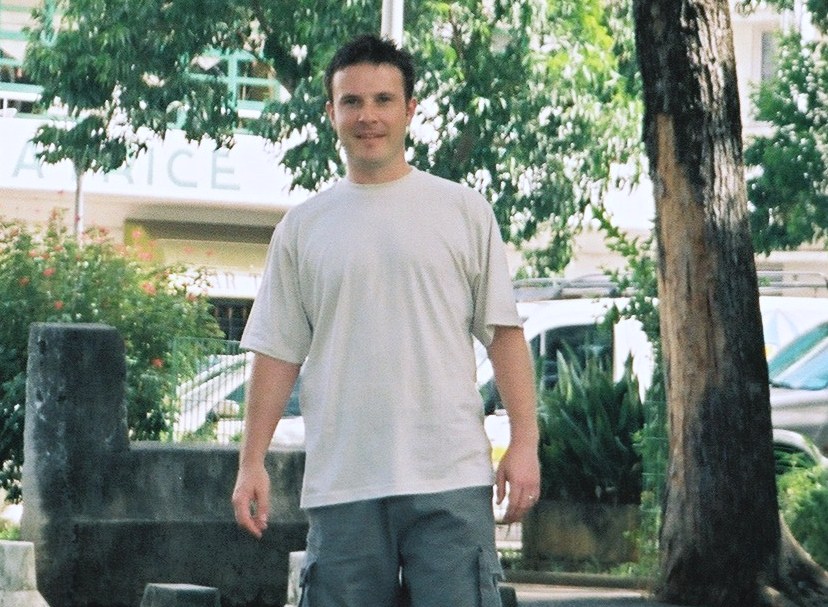ASK & DISCUSS
INDEXHow can I get work in documentaries?
10 years, 2 months ago - Elizabeth Gbejuade
Hi All,
I am a film student with a passion for documentary filmmaking. Having made one before, I am more driven to get involved in professional productions so I was wondering how I can get work. I have professional experience working as a runner/ production assistant on commercials and short films, but I never seem to find the jobs for documentaries.
Are these jobs posted online or is it a word of mouth thing and more to do with networking?
Just to add I am also interested in collaborations as well, so collaborators feel free to comment also
Thanks in advance!
Only members can post or respond to topics. LOGIN
Not a member of SP? JOIN or FIND OUT MORE
10 years, 2 months ago - Elizabeth Gbejuade
Thank you Everyone! This is really helpful and you have helped clear my understanding of the structure of documentary filmmaking, which now makes my goals much more clearer.
10 years, 2 months ago - James Dann
Hey Elizabeth et al,
Bit of promotion here but also relevant. We've got a documentary screening of our low budget film on gun crime in the USA '2nd Amendment' at Genesis Cinema on the 24th of September. There we're going to be discussing how we made the film, how to structure a documentary and how to present and film.
Come along if you are interested!
genesiscinema.co.uk/films/events/2nd-amendment-qa-thurs-24th-september/
10 years, 2 months ago - Marlom Tander
You go where they get made. You take a body of work.
Most docu funds go to programs for news, current affairs and the docu departments of major production companies like the BBC or Discovery.
I'd also guess that while a commercial can be filmed with whoever is around to hire that week, so filled by a little networking for the heads and ads for the rest, docus really need a good team, and the team is drawn from within the organisation. So not many opps for external peeps.
In your shoes I'd go all out to get inside one of those tents. Apply for everything, even (spits) unpaid internships and have a suitcase full of stuff you did while waiting, the shooting of which gives you war stories and anecdotes for your interviews - want to get 200,000 views of a local provincial rural history centre clip when the rest got 500? Put the words "Victorian" and "Punishment" in the title :-) That daft idea of shooting a music video by hand holding a betamax camera as it goes round a roller coaster? You've done it so no one else has to:-) Trust me, you really don't have to.
Basically getting to the interview is down to paperwork and maybe networking. Winning the interview - that goes to the person who best shows that they "get" the job. You don't want to find yourself bullshitting in an interview, and the best way to avoid that is to give yourself hands on experience so that you can tell a story.
I'm guessing you're young. If you have a camera, a mic, a tripod and a bicycle (yes, I did this and cycled because parking was a bitch!) you have everything you need to be, for example, the person documenting the local music scene. One pub gig each week, 2-3 tracks from each act on YT, the discipline of clips up within 24 hours and pretty soon you're talking about your 400 clip channel and it's 400K views, and a couple "proper" music vids, that you do it because you thought it important to document the scene, and yes it is single camera single take using pan and zoom to create the impression of movement and you were the least important person in the room but you made it work.
"How did you get permission to shoot?" they might ask. "I just turned up at first, and soon I was being invited" is the answer.
This sort of thing shows grit and long term commitment, plus an ability to work with few resources and the hutzpah to just do it.
Other ideas might be to document the life of someone or a group of people in your area - again, long term project shows grit. That you got access shows good people skills. That it looks good shows technical ones.
You could make something award winning, or try to. Great if you can, but if you have to pick 6 months planning and two weeks filming over filming something each week, DO BOTH :-)
Be aware that this is NOT about making the best film. It is about evidencing the most commitment. Technical and kit based shortcomings will be forgiven if you are showing heart.
All that said, there are still far too many people chasing too few positions, but this way you gave it your best, and your body of work and war stories shows you to be a committed, determined person which is great for any role in the industry or out of it.
Good luck
10 years, 2 months ago - afia nkrumah
Hi Elizabeth,
There are 3 basic jobs you can do in docs after finishing your course, as a Translator, Researcher or Assistant Producer (AP). I managed to get a job as an shooting AP at BBC Current affairs after film school and I got that primarily because I had shot my graduation film in Ghana, so they knew i could be trusted to go off on research shoots by myself and pick potential contributors.
Like Marlon said you need to contact documentary film companies and get yourself known. Also if you see any docs you like, write down the name of the Director/Producer (DP) and get their contact details, as they often recommend researchers they like to work with. Documentary producers and Commissioning editors like the following practical skills, so make sure you have some or all of the following near the top of your CV.
1) writing scripts and treatments
2)Researching and standing up docs from development to post
3)Sourcing contributors (especially difficult to access ones)
4)Shooting with a camera such as the Canon XF305 including sound recording
5)visualising and planning shoots
6)Edit experience like FCP
7) managing budgets and schedules.
Researchers and APs who speak a second language often do well as we get paid to translate footage and double check subtitles before transmission, its another way of earning good money and getting in with companies. The more obscure the language you speak, the better. For example I speak Ashanti Twi and i often get asked to translate for documentaries shot in Ghana.
When approaching a company it is useful to have seen some of their previous work so that you can talk about it in your cover letter, especially any way you think they could have told the story better!
If you live in London it is worth going to documentary screenings at the Frontline club because a lot of journalists and current affairs commissioning editors hang out there and you can introduce yourself to some of them or include in your cover letterthat you have attended screenings there. I hope this is helpful, good luck with your search.
10 years, 2 months ago - Ben Bruce
As a student, do get yourself on Facebook and check out a group called "People who work in TV: Runners." There are a number of jobs on there and I've found plenty of work, including on docs.
Another excellent website is The Unit List, again, lots of work on there and it's all free. There's some excellent resources on there for people just starting off as well.
10 years, 2 months ago - Tony Oldham
TV jobs are posted on websites like thetalentmanager which are a subscription service or you can go direct to big production company websites like Endemol. Competition is naturally fierce and from a personal point of view, depending on what you want to be at the end of your journey, I would recommend going out and making documentaries yourself. It isn't costly, and you simply need a camera; along the way you will pick up the shooting skills, sound skills, and editing skills needed. Collaborate where possible and any prospective employer is likely to see you as a more worthy applicant if you've gone out and made stuff.
You will find most TV jobs/ production companies expect candidates to be multi-skilled as camera, sound, edit, research etc. So it's good to learn to be a self shooter and as said by Afia, the camera if choice is XF300 or XF305.
It is hard to break in, and I haven't managed yet despite strong shooting skills, however, I'm happy that in the meantime i've gone out and produced self shot for overseas broadcast, as well as two long form documentaries. That's opportunities self created that I will have made mistakes on, but with each effort the work gets stronger and better.
Best Wishes, Tony




